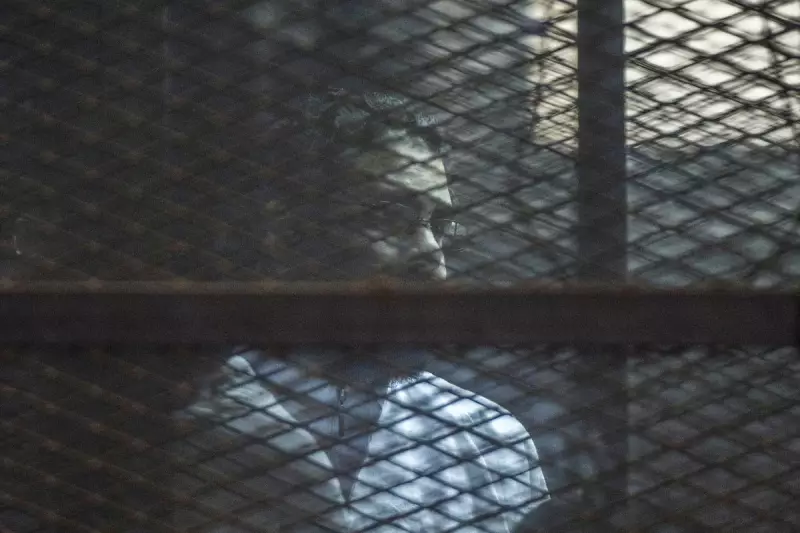
Alaa Mubarak, the disgraced son of former Egyptian dictator Hosni Mubarak, has been formally denied refuge in the United Kingdom after attempting to claim asylum following his conviction for embezzling state funds.
The controversial figure, who was once a prominent businessman enjoying immense privilege during his father's three-decade rule, saw his application rejected by the British Home Office. This decision marks a significant development in a case that intertwines international justice, political corruption, and immigration policy.
A Fall from Grace and a Failed Escape
Mubarak's world crumbled following the 2011 Arab Spring uprising that forced his father from power. In a landmark trial, both Alaa and his brother Gamal were convicted in 2015 for their involvement in a massive embezzlement scheme, siphoning off nearly £12 million of public money intended for the renovation of presidential palaces.
After serving a portion of his sentence, Alaa Mubarak was released and subsequently travelled to London. His attempt to seek sanctuary in the UK has been met with a firm refusal, a move likely to be welcomed by those who suffered under his family's autocratic regime.
The Legal and Diplomatic Stance
The UK's decision sends a strong message about its stance on hosting individuals convicted of high-level corruption and financial crimes. The Home Office, while not publicly commenting on specific cases, maintains a policy of refusing asylum to those who have committed serious criminal offences outside of the UK.
Legal experts suggest that Mubarak's high-profile status and the nature of his crimes made a successful asylum claim highly improbable. His conviction is seen as a symbol of justice for the Egyptian people, and granting him asylum would have created significant diplomatic tension.
What Happens Next?
With his asylum claim rejected, Alaa Mubarak faces an uncertain future. He is expected to exhaust all available legal avenues to appeal the decision. However, if ultimately unsuccessful, he will be required to leave the United Kingdom, potentially returning to Egypt where his legal troubles await.
This case underscores the complex interplay between international law, human rights, and the global fight against corruption. It demonstrates that for some, even immense wealth and power cannot guarantee a safe haven from past transgressions.





